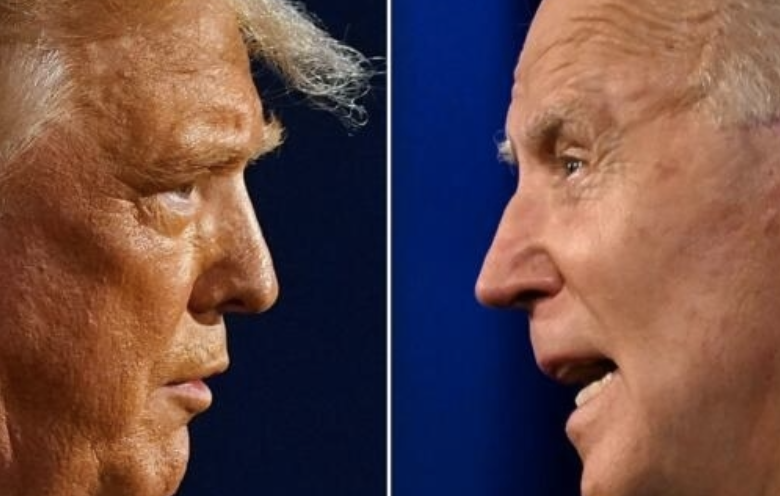Developing: New Debate Rule Could Cripple, Maybe Even Destroy Biden on Stage

Undoubtedly, most Americans are deeply invested in the upcoming November general election.
However, there are crucial milestones leading up to that event, with June 27 being particularly significant.
On that Thursday, incumbent President Joe Biden will engage in a verbal showdown with his likely GOP challenger and predecessor, former President Donald Trump.
This will mark the first debate of the election cycle for both candidates.
(Trump has dismissed the other GOP primary contenders, refusing to debate them. Meanwhile, Biden has been avoiding a debate with independent candidate Robert F. Kennedy Jr. — more on him later.)
Given the unprecedented nature of this event, it’s no wonder that political analysts are eagerly anticipating the June 27 debate.
For those analysts and viewers, the contours of this eagerly awaited debate are becoming clearer.
As reported by CNN, which will host the debate despite not being a stronghold for pro-Trump sentiments, both the Biden and Trump teams have consented to several rules governing the debate.
Some rules are standard, while others deviate from the norm.
A significant agreed-upon rule is that microphones will be muted unless a candidate is speaking, aiming to reduce interruptions.
A minor agreed-upon rule is that both Trump and Biden will stand at podiums, with their positions determined by a coin toss.
A potential challenge for the 78-year-old Trump and the 81-year-old Biden is that neither will be allowed to use note cards or props. Biden, in particular, has faced criticism for his reliance on note cards. Observers familiar with his dependence on them might question the impact of this rule on him.
This debate will differ from past ones in another way: There will be no live audience present.
Each candidate will be allowed a pen, a pad of paper, and a water bottle. No aides will be permitted to interact with the candidates during the debate.
The debate will last 90 minutes, with two planned commercial breaks.
While these rules will apply to both Trump and Biden, there’s uncertainty about whether they will extend to other presidential candidates.
Robert F. Kennedy Jr., perennial Green Party candidate Jill Stein, and independent philosopher Cornel West are all seeking a place in the debate, but it’s uncertain if they will participate.
All three candidates meet most debate criteria except for two key requirements: appearing on enough ballots to potentially secure the 270 electoral votes needed for victory and achieving 15 percent in at least four nationally recognized polls.
Kennedy comes closest, qualifying for 89 electoral votes and reaching 15 percent in three nationally recognized polls. However, he still falls short of the debate criteria.
Following CNN’s debate on June 27, the president and the likely GOP nominee will debate again on September 10 on ABC.